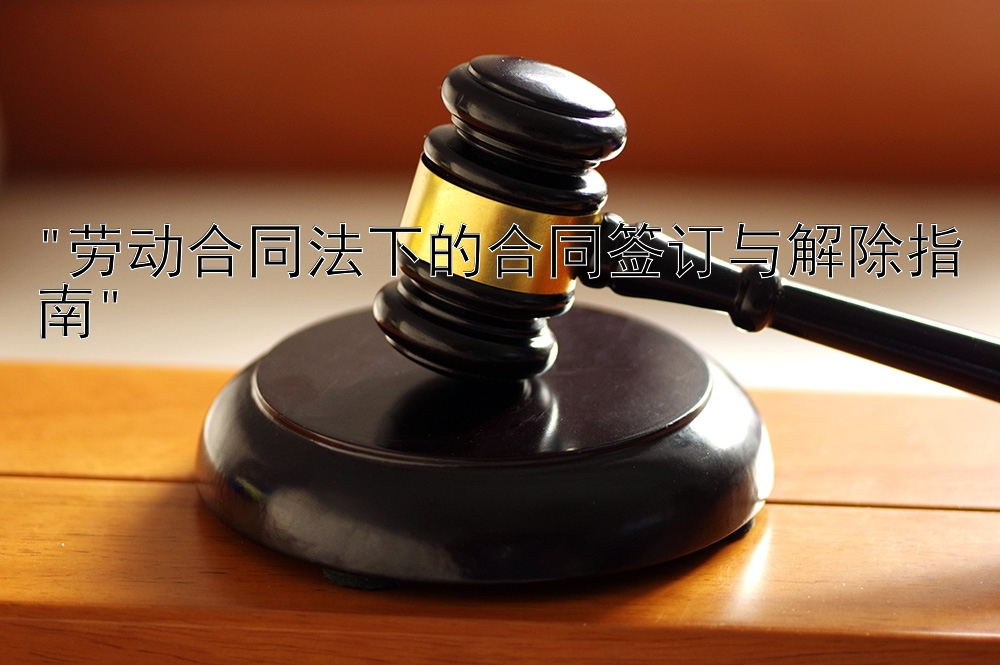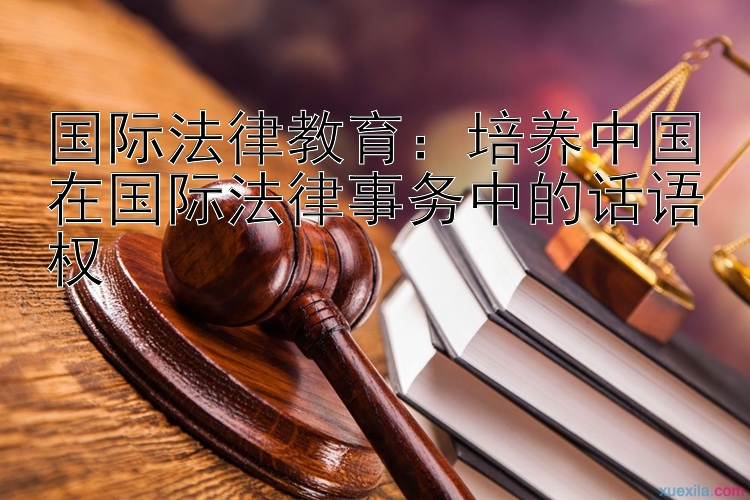区块链革新法律证据:探索数字信任的新纪元
随着科技的飞速发展,区块链技术正逐渐渗透到各个领域,包括法律。 Blockchain, a technology that underpins cryptocurrencies like Bitcoin, is now being explored for its potential to revolutionize the way legal evidence is handled and managed. This article delves into how blockchain technology can introduce a new era of digital trust in the legal system, ensuring the integrity, security, and immutability of legal evidence.
Understanding Blockchain Technology
Blockchain is a decentralized and distributed digital ledger that records transactions across multiple computers in such a way that the registered transactions cannot be altered retroactively. Each block in the chain contains a number of transactions, and every time a new transaction occurs on the blockchain, a record of that transaction is added to every participant’s ledger. This creates a permanent, unalterable record of every transaction on the blockchain.
The Current Challenges in Legal Evidence
The legal system often faces challenges in managing and verifying the authenticity of evidence, especially in the digital age where documents, emails, and digital files are common forms of evidence. Issues such as tampering, lack of transparency, and the difficulty in verifying the chain of custody can undermine the integrity of legal evidence.
How Blockchain Addresses These Challenges
Immutability and Transparency
Blockchain’s immutability ensures that once a piece of evidence is added to the blockchain, it cannot be altered or deleted. This characteristic is particularly useful in legal contexts where the integrity of evidence is paramount. The transparency of blockchain technology also allows all parties involved in a legal case to have access to the same evidence, ensuring that no party has an advantage due to unequal access to evidence.
Enhanced Security
Blockchain uses cryptographic hashes to link blocks together, creating a secure chain. This cryptographic security makes it extremely difficult for any unauthorized party to tamper with the evidence stored on the blockchain. This level of security can significantly reduce the risk of evidence being compromised.
Verifiable Chain of Custody
One of the biggest challenges in legal evidence management is maintaining a verifiable chain of custody. Blockchain can provide a transparent and immutable record of who accessed the evidence and when, making it easier to prove that the evidence has not been tampered with since its collection.
Case Study: The Use of Blockchain in Intellectual Property Law
A notable application of blockchain technology in law is in the realm of intellectual property (IP). For instance, blockchain can be used to timestamp and store proof of an invention or creation. This can be particularly useful in disputes over who was the first to create or invent something. By providing a timestamped and immutable record, blockchain can serve as proof of the date of creation, potentially resolving disputes over IP rights.
Legal and Regulatory Considerations
While blockchain technology holds promise for revolutionizing the management of legal evidence, its adoption is not without challenges. Legal and regulatory frameworks need to be developed to address issues such as the admissibility of blockchain evidence in court, data privacy concerns, and the technical complexities that may arise in implementing blockchain solutions.
Conclusion
As the legal system continues to grapple with the challenges of managing digital evidence, blockchain technology emerges as a beacon of hope. By providing a secure, transparent, and immutable way to manage legal evidence, blockchain has the potential to introduce a new era of digital trust in the legal system. However, realizing this potential will require overcoming legal, regulatory, and technical hurdles. As the technology matures and legal frameworks adapt, blockchain could play a pivotal role in transforming how we handle evidence in the legal system.
- 区块链金融的法律风险:学术研究与法律检索的深度解析
- 区块链革新法律证据:探索数字信任的新纪元
- 区块链技术在法律领域的创新应用探析 潜在风险与合规挑战解析
- 大发最新代理邀请码 区块链赋能金融监管新纪元:中国法律框架下的应用展望
- 区块链赋能供应链金融:法律视角下的信任机制构建挑战
- 区块链赋能供应链金融:探索中国法律框架下的技术应用
- 如何确保电子法律条文的安全与有效性:构建数字信任的基石
- 区块链法学:法律检索的创新路径
- 区块链法律应用的边界探索:现代法律条文下的挑战与机遇
- 区块链技术:中国最新法律框架下的金融风险防控新篇章
- 《探索区块链技术在法学研究中的融合创新》
- 探索智能科技如何革新法律证据分析与检索流程
- 区块链赋能电子政务:法律框架下的应用与挑战
- 探索区块链法律融合:学术研究视角下的创新与实践
- 《区块链法律监管:新技术的法律边界探讨》
- 法律证据学的核心与挑战:提升法律教育中证据分析能力
 探索城市规划法中建设项目的审批流程与规定
城市规划法中的建设项目审批流程与规定是确保城市建设合理性和可持续性的重要环节。以下是对这一主题的法律知识分析:一、项目立项阶段1. 项目建议书(Project Proposal): 根据《城市规划法》
建设项目
审批流程
城市规划法
探索城市规划法中建设项目的审批流程与规定
城市规划法中的建设项目审批流程与规定是确保城市建设合理性和可持续性的重要环节。以下是对这一主题的法律知识分析:一、项目立项阶段1. 项目建议书(Project Proposal): 根据《城市规划法》
建设项目
审批流程
城市规划法
 劳动合同法下的合同签订与解除指南
《中华人民共和国劳动合同法》下之合同签订与解除指南一、合同的订立原则根据《中华人民共和国劳动合同法》(以下简称“劳动法”)第三条的规定,订立劳动合同应当遵循合法、公平、平等自愿、协商一致、诚实信用的原
劳动合同法
合同签订
合同解除
劳动合同法下的合同签订与解除指南
《中华人民共和国劳动合同法》下之合同签订与解除指南一、合同的订立原则根据《中华人民共和国劳动合同法》(以下简称“劳动法”)第三条的规定,订立劳动合同应当遵循合法、公平、平等自愿、协商一致、诚实信用的原
劳动合同法
合同签订
合同解除
 法律文书递送:法律条文中的规定与执行程序解析
法律文书的送达是整个司法过程中的重要一环,它直接关系到当事人的权益和诉讼程序的公正性。在不同的国家和地区,法律文书的送达方式、时限以及法律效力可能有所不同,但一般来说,其核心原则都是确保当事人有足够的
法律文书
法律条文解析
执行程序
法律文书递送:法律条文中的规定与执行程序解析
法律文书的送达是整个司法过程中的重要一环,它直接关系到当事人的权益和诉讼程序的公正性。在不同的国家和地区,法律文书的送达方式、时限以及法律效力可能有所不同,但一般来说,其核心原则都是确保当事人有足够的
法律文书
法律条文解析
执行程序
 探索宪法赋予的公民基本权利
探索宪法赋予的公民基本权利一、引言《中华人民共和国宪法》是国家的根本法,它规定了国家的根本制度和根本任务,也保障着公民的基本权利。本文将探讨宪法中关于公民基本权利的规定,分析这些权利的意义和保护机制,
宪法
公民
基本权利
探索宪法赋予的公民基本权利
探索宪法赋予的公民基本权利一、引言《中华人民共和国宪法》是国家的根本法,它规定了国家的根本制度和根本任务,也保障着公民的基本权利。本文将探讨宪法中关于公民基本权利的规定,分析这些权利的意义和保护机制,
宪法
公民
基本权利
 共有所需:物权法中的财产分割指南
物权法中的财产分割指南在现代社会中,财产的分配与分割是一个普遍的法律议题,尤其是在家庭、商业和继承等领域。本文将探讨如何在物权法的框架内进行有效的财产分割,并提供相应的指导和建议。一、物权法的基本原则
物权法
财产分割
指南
共有所需:物权法中的财产分割指南
物权法中的财产分割指南在现代社会中,财产的分配与分割是一个普遍的法律议题,尤其是在家庭、商业和继承等领域。本文将探讨如何在物权法的框架内进行有效的财产分割,并提供相应的指导和建议。一、物权法的基本原则
物权法
财产分割
指南
 未成年人保护法中的特别关怀:保障未成年人权益的多维度措施
《中华人民共和国未成年人保护法》是一部专门为保护未成年人的身心健康、合法权益而制定的法律文件。该法自1991年颁布以来,经过多次修订和完善,目前最新版本是在2020年修订的。这部法律的实施体现了国家对
未成年人保护
特别关怀
权益保障
未成年人保护法中的特别关怀:保障未成年人权益的多维度措施
《中华人民共和国未成年人保护法》是一部专门为保护未成年人的身心健康、合法权益而制定的法律文件。该法自1991年颁布以来,经过多次修订和完善,目前最新版本是在2020年修订的。这部法律的实施体现了国家对
未成年人保护
特别关怀
权益保障


